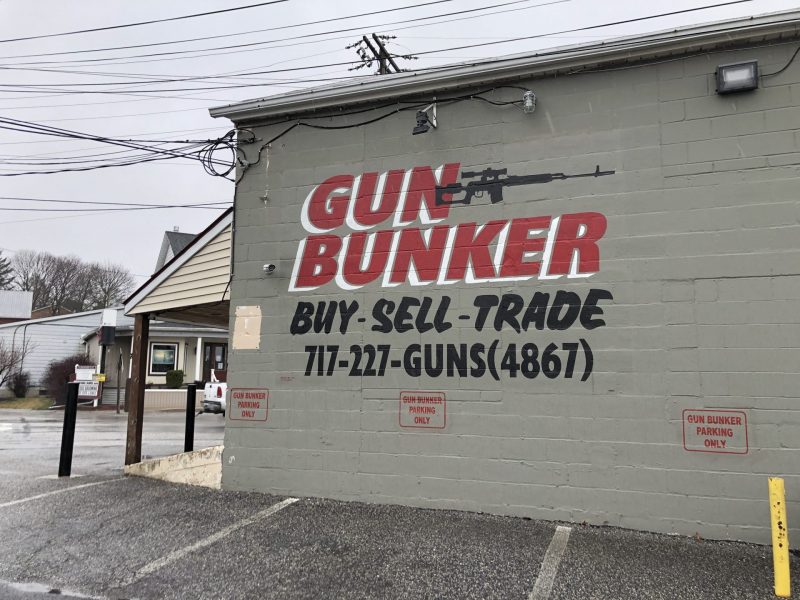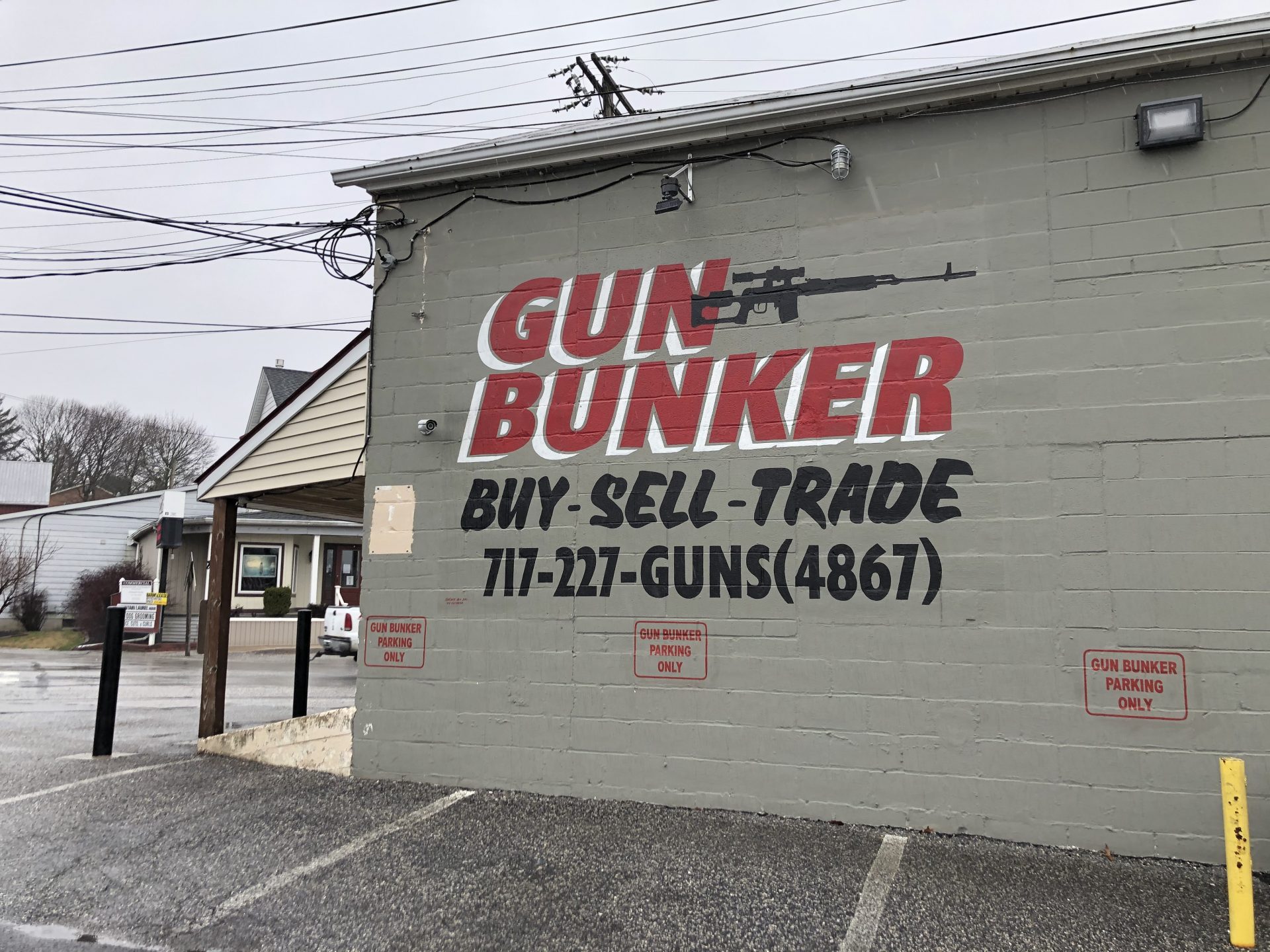
Ed Mahon / PA Post
Ed Mahon
More than 100 types of businesses are to remain closed under an order issued by Gov. Tom Wolf on March 19 that’s aimed at reducing the spread of the coronavirus in Pennsylvania.
Here’s what you need to know about the order, the penalties businesses could face for violating it, and how businesses can obtain an exemption.
Businesses: What is life-sustaining vs. non-life sustaining?
Wolf’s office published the first list of businesses affected by the order on March 19.
He revised the list the next day, allowing laundromats, timber tract operators and certain manufacturers to remain open. The updated list also noted that construction could continue on health care facilities and for certain emergency repairs.
Grocery stores, gas stations, pharmacies and many other businesses are also allowed to remain open.
Gene Barr, president and CEO of the Pennsylvania Chamber of Business and Industry, said he’s continuing to work with the Wolf administration to identify businesses where people can continue to work while maintaining appropriate social distancing.
The latest list is available here.
Possible penalties
The Wolf administration has provided guidance to police departments, telling them to first issue a warning to alleged violators.
After that, the administration recommends two main enforcement options:
- a $10 to $50 fine for violating an order or regulation of the Department of Health;
- a $25 to $300 fine for violating the state’s Disease Prevention and Control Law of 1955.
Both are summary offenses. People could contest them, but if a court finds them guilty and they don’t pay the fine, violators could face up to 30 days in jail.
Pennsylvania State Police issued 27 warnings on Monday, but no citations.
In York city, inspectors found three businesses out of compliance after visiting about 400 by Tuesday, the York Dispatch reported.
Wolf also ordered bars and restaurants to stop dine-in service.
His guidance notes that businesses that violate the state’s liquor laws could face harsher penalties, including a $100 to $500 fine, or one month to three months in jail if they don’t pay the fine. Penalties are greater for repeat offenses.
Wolf’s office said that “more serious violators” could be charged with the second degree misdemeanor of obstructing administration of law or other governmental functions. That would only be appropriate in certain situations, such as if a business uses force or violence to resist, Wolf’s office said.
Should I call 911 if I see a “non-life sustaining” business operating?
No.
Pennsylvania State Police say you should contact a local law enforcement agency’s non-emergency number. It’s also possible that a business type that is not on the “life-sustaining” list might have received a waiver to remain open.
How to apply for a waiver
By noon on Sunday, state Department of Community and Economic Development Secretary Dennis Davin said nearly 10,000 businesses and organizations had applied for a waiver.
By the end of the day Monday, the department had received more than 15,000 waiver requests, according to a department spokesperson. Of those:
- 2,486 were approved;
- 2,135 were denied;
- 1,279 were not required.
As for the others, department spokesperson Casey Smith said staff “are working to process them as quickly as possible.”
Businesses can continue to apply for waivers. So far, the state isn’t posting waiver requests online.
But state Rep. Seth Grove, a York County Republican and chairman of the House Oversight Committee, said he would like the state to make waiver information available to the public, so that businesses can see if and how similar businesses obtained one.
Businesses can apply for a waiver online at the Department of Community and Economic Development website. Questions include how the business plans to meet guidelines for maintaining employee safety and how many workers will be in the company’s physical location.
What about child care centers?
The waiver process for child care centers began earlier, as Wolf moved to close them down statewide on March 16 — before he ordered “non-life sustaining” businesses to close.
As of Tuesday afternoon, the state approved 670 child care center waivers, according to a spokesperson for the state Department of Human Services.
What about gun stores?
Nearly all shut down their physical locations, said Kim Stolfer, president of Firearms Owners Against Crime. He said most of the ones he knows that are still operating have an exemption as a home-based business.
Late Sunday, the Pennsylvania Supreme Court dismissed a petition filed by a gun shop, a gun owner and attorney to have Wolf’s shutdown order thrown out. The court didn’t explain its ruling, so there’s always the chance that another challenge could be more successful.
On Tuesday, the Wolf administration updated its list and allowed gun stores to remain open with certain restrictions in place, including conducting business by appointments during limited hours.
What about businesses in counties with a stay-at-home order?
Businesses considered “life-sustaining” can continue to operate in counties where stricter restrictions have been imposed, and workers can continue traveling to them.
The following counties are under such orders: Allegheny, Bucks, Chester, Delaware, Erie, Monroe, Montgomery and Philadelphia counties.



